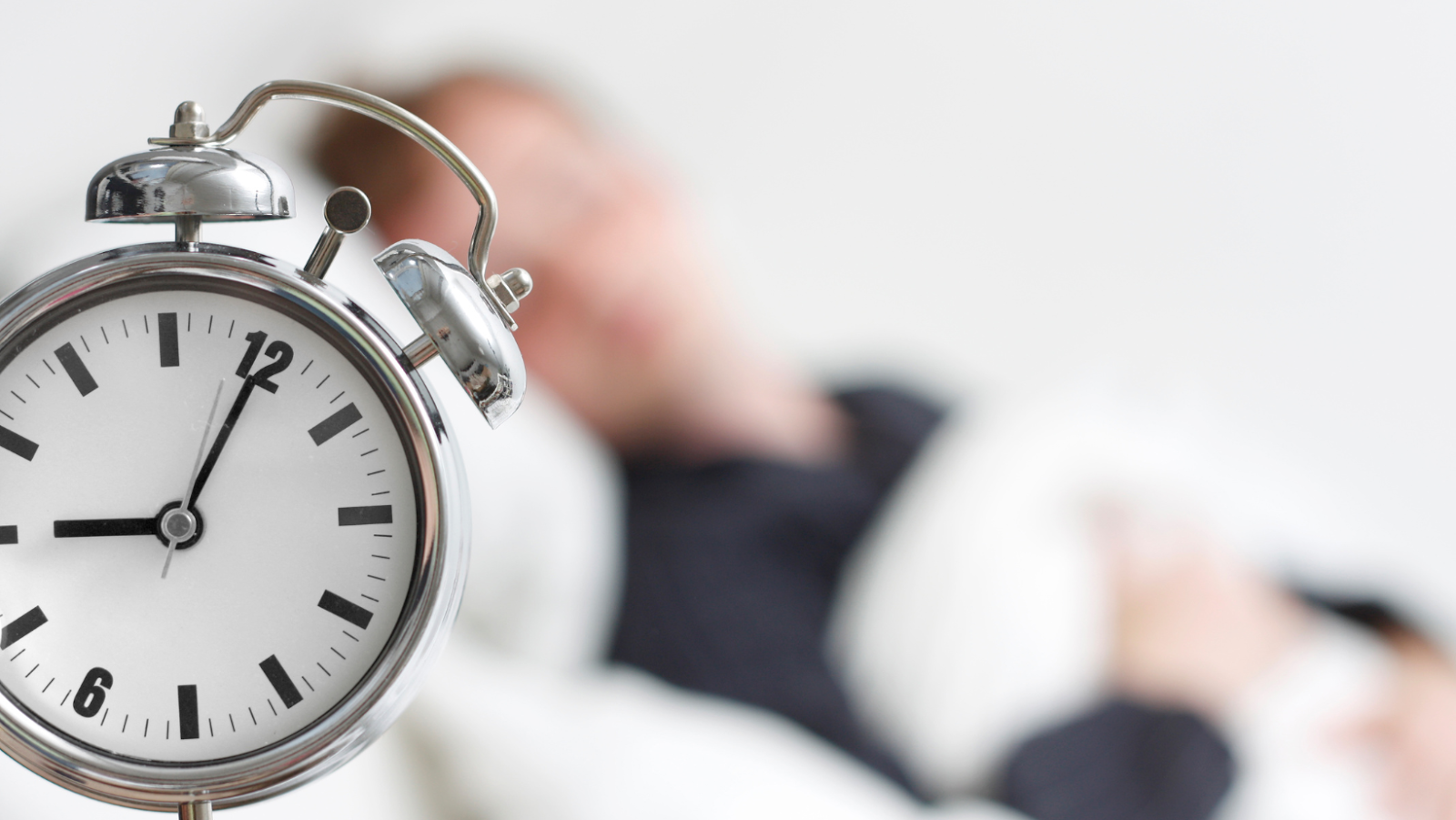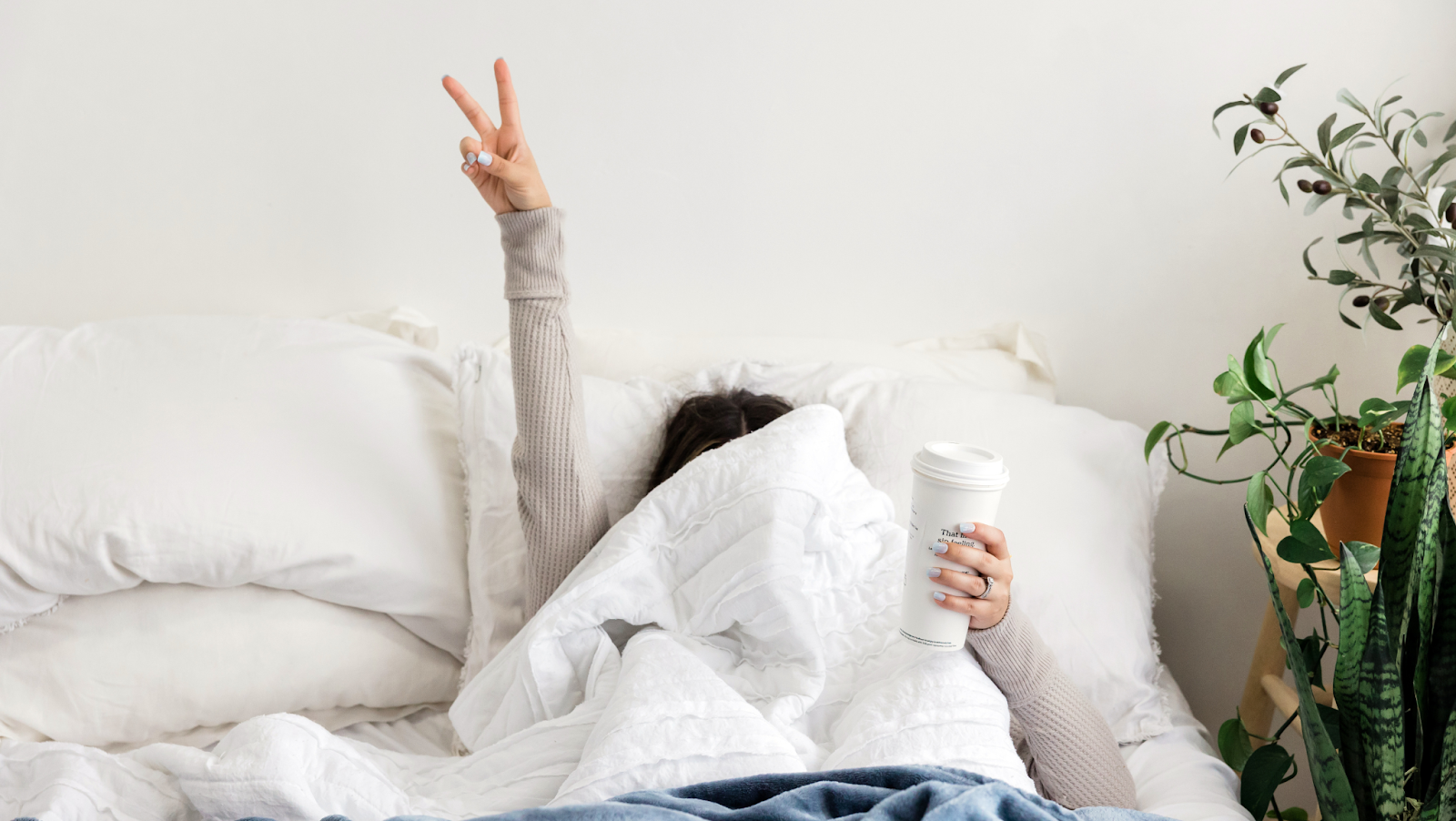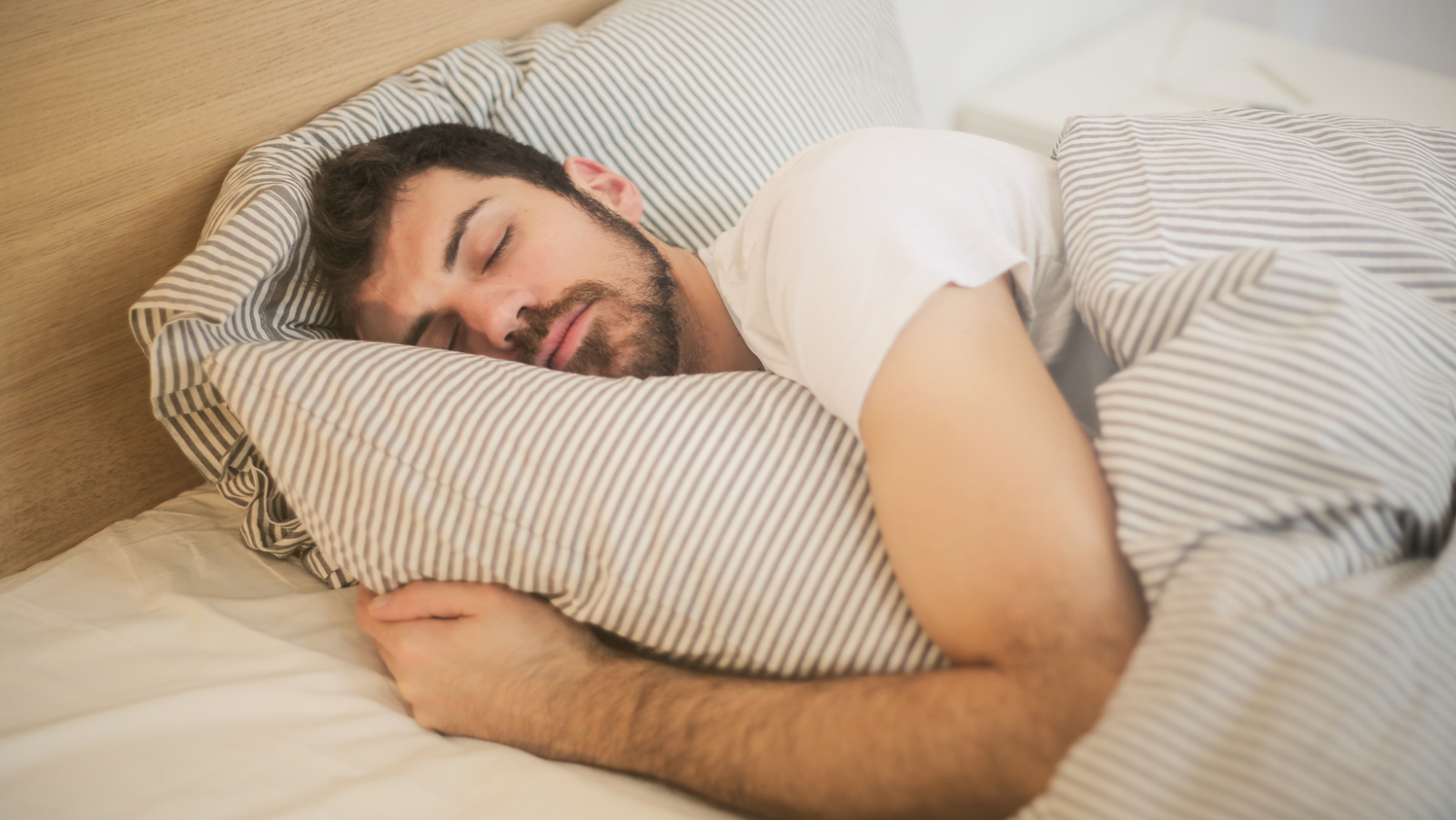
Sleep deprivation can be caused by diseases, family obligations, and stress at work. Visit a Melbourne Sleep clinic to help you understand why you’re sleeping unwell. Additionally, you may use this article to familiarise yourself with the reasons why some people get to sleep less than others.
You may have no control over the things that keep you from sleeping. However, you may develop routines that promote healthier sleeping. Start with these easy suggestions.
The Importance Of Sleep
There are several reasons why getting good sleep is vital. It lessens daytime tiredness and impacts how well-rested and awake you are the following day. A good night’s sleep improves physical and mental health and enhances the quality of life.
The act of sleeping helps people grow. For this reason, infants, kids, and teenagers require more rest than adults. Sleep is necessary for everyone of all ages to stay healthy or to recuperate from an injury or disease. If you’re convinced, here are some of the ways how you can improve your sleep quality:

Manage Your Exposure To Sunlight
Your body produces melatonin, a hormone that aids in controlling your sleep-wake cycle and is activated by light. Generally, your brain releases more melatonin in the dark, which makes you tired, and less in the light, which makes you more awake.
However, many components of contemporary living might affect your circadian rhythm and the amount of melatonin your body produces. Here are some tips for controlling how much light you receive:
Be Exposed To Bright Sunlight As Much As You Can
It is best if you wake up closer to your scheduled hour. You could drink your coffee outside or eat breakfast beside a window with plenty of sunlight. Generally, you’ll become awake as a result of the sunlight on your face. Instead of walking your dog at night, use your breaks from work outside in the sunshine, exercise, or do both.
During the day, leave the blinds and drapes open, and attempt to position your desk so that it is near a window. This can be especially helpful during the brief winter days because it simulates daylight.
Reduce Blue Light Exposure At Night
Your smartphone, tablet, desktop, and television emit blue light, which is particularly bothersome. You can lessen the impact by using gadgets with smaller screens, lowering the brightness, or utilizing light-altering software like flux.
In addition to suppressing melatonin production, many TV shows are exciting rather than calming. Instead, try listening to audiobooks or music. Install a low nightlight in the bathroom or hallway, or use a small flashlight if you require some light to walk about safely. You’ll find it simpler to get back to sleep as a result.

Stop Drinking Coffee At Night
A large number of people drink caffeine since it offers so many advantages. One dose can improve concentration, vigor, and athletic performance. Caffeine stimulates the neurological system when eaten late in the day, which may prevent your body from falling asleep on its own.
Additionally, caffeine consumption up to six hours before bedtime can severely reduce the quality of your sleep. Your blood levels of caffeine can remain elevated for 6 to 8 hours. Consequently, consuming a lot of coffee later in the afternoon is not advised, especially if you have difficulties falling asleep or are sensitive to caffeine. Stick to decaffeinated coffee if you do get a late afternoon or evening coffee craving.
Be Consistent With Your Sleep Schedule
Limit your sleep time to eight hours. Seven hours or more of sleep every night is advised for a healthy adult. Most people can get enough rest in just eight hours of sleep. Including weekends, going to bed, and rising at the same hour every day. Consistency strengthens the sleep-wake cycle in your body.
Leaving your bedroom and engaging in anything soothing should be done if you can’t fall asleep after 20 minutes. Read a book or play some relaxing music. When exhausted, go back to bed. Repeat, but keep your bedtime and wake-up time the same.


